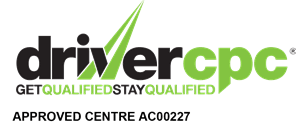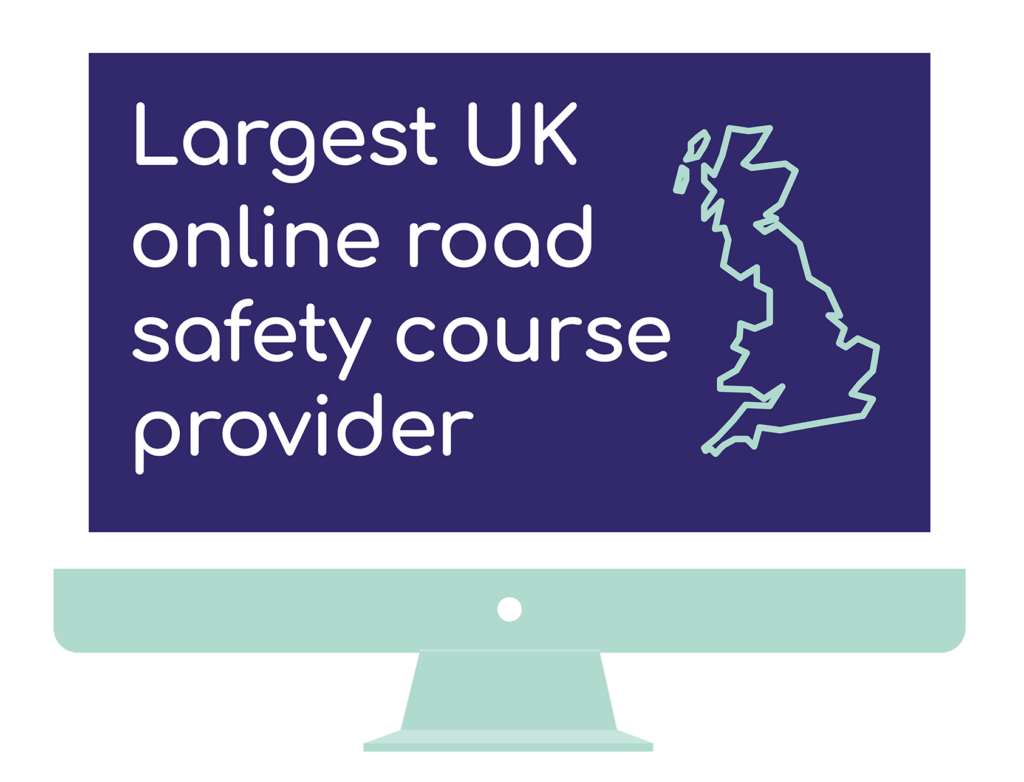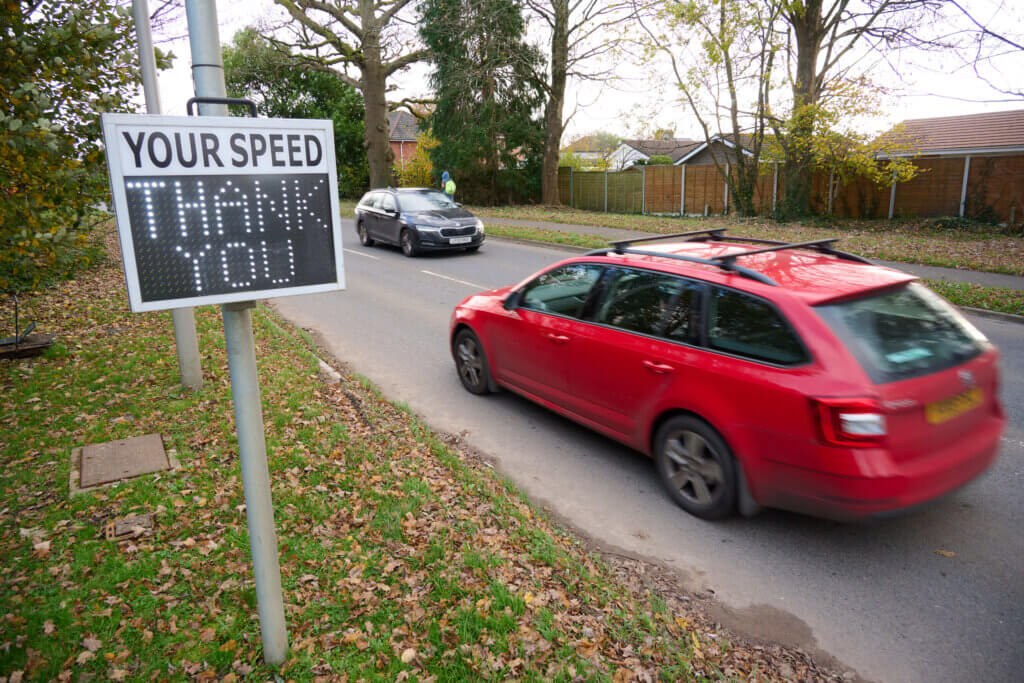About the course
This NVQ Level 3 accredited Driver CPC course enables professional drivers to confidently and competently deal with incidents and accidents requiring emergency first aid. It is available as an in-person, private course for up to 12 people.
Topics include:
- The role of a first aider and the First Aid code of practice
- Incident and casualty management
- Basic life support (CPR and AED)
- Medical emergencies including breathing disorders, strokes and heart attacks
- Physical injuries including burns and choking
- Chemicals and control of substances hazardous to health (COSHH)


At a glance:
Duration: 7 hours
Format: Classroom only
Suitable for: All professional licences (C1, D1 C1E, D1E C, D CE & DE)
DVSA CPC syllabus areas:
3.5 Ability to assess emergency situations


Learning outcomes

Responding to a variety of medical emergencies

Managing an incident and caring for casualties

Basic life support using CPD and defibrillators

NVQ3 Emergency First Aid at Work accredited
Why attend Driver First Aid
Teaching drivers emergency first aid is a cost-effective way to reduce the potential impact of traffic incidents and collisions, safeguard life and protect business reputation.
The Driver First Aid course is also accredited to NVQ Level 3 Emergency First Aid at Work and is only available as a private in-person course for groups. Our experienced first aid trainers fully engage with participants to maximise the learning experience and draw out their views and opinions.

Your questions answered
Who should attend?
Any professional driver who needs to complete 35 hours of periodic training every 5 years in order to maintain their Driver Certificate of Professional Competence (CPC).
Delivery method
This course is facilitated by an experienced first aid trainer.
Driver First Aid is available as a private in-person course for up to 12 candidates.
Learning outcomes
Following this module drivers will understand:
- How to administer basic life support using Cardio-Pulmonary Resuscitation (CPR) and/or an Automatic Electronic Defibrillator (AED)
- How to provide appropriate first aid response and treatment for
- Breathing disorders and choking
- External bleeding and circulatory shock
- Fractures, sprains and strains
- Minor injuries, burns and scalds
- Head injuries, strokes and heart attacks
- Injuries involving chemicals and hazardous substances
Identification requirements
A photocard driving licence and Driver Qualification Card must be presented when attending the course.




